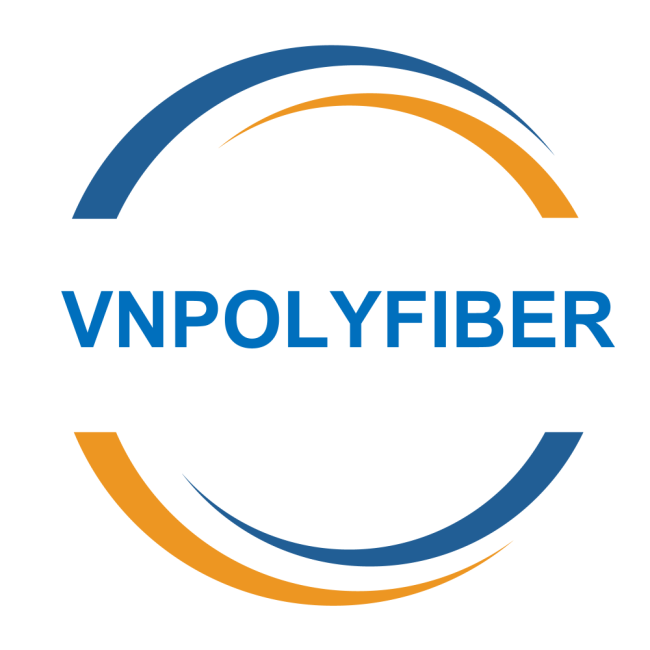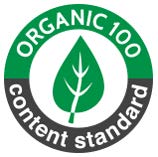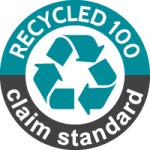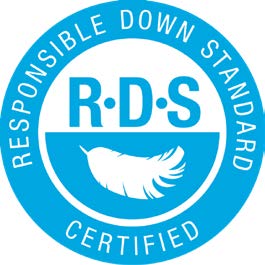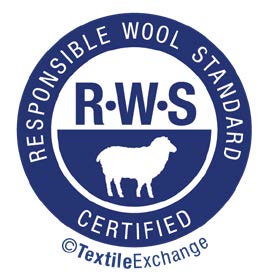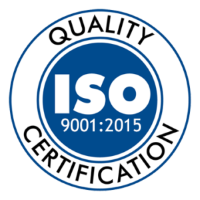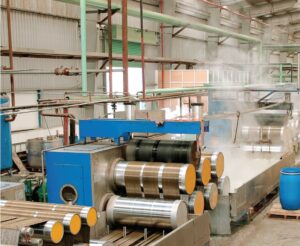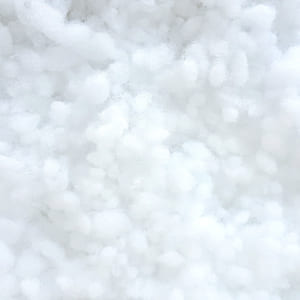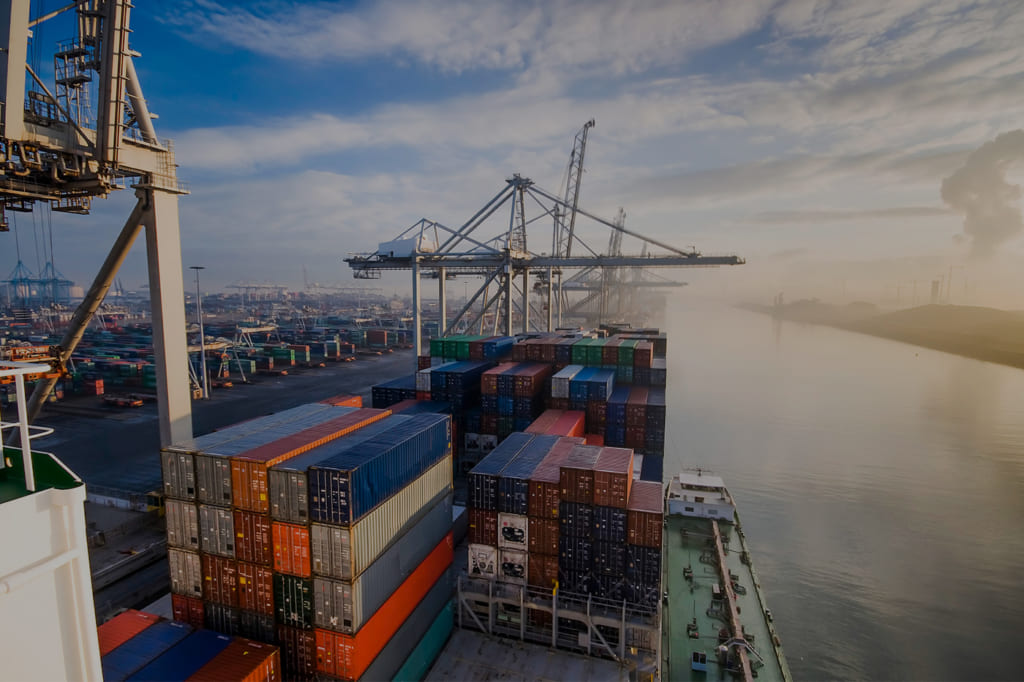Overview of Global Recycled Standard (GRS)
Global Recycled Standard is an international, full product standard that verifies the recycled content of products and responsible social, environmental and chemical practices in their production. The goal of the certification is to increase the use of recycled materials in products and reduce/ eliminate the harm caused by its production.
GRS sets the requirements for third party certification of recycled content, chain of custody, social & environmental practices and chemical restrictions across each stage of production. All recycled materials entering the supply chain must have a valid transaction certificate issued by the approved control board. The products being certified must contain at least 20% recycled materials.
Brands don’t need to become GRS certified to use the logo on labels and tags. As long as the manufacturer is certified the brand can use the logo on labels and tags. However, a brand cannot use GRS on their website unless they are certified.
GRS was developed by Control Union, however ownership was passed to Textile Exchange in 2011. Textile Exchange is headquartered in Texas, United States, and is present in more than 50 countries.
Overview of OEKO-TEX®
Made in Green certify that the product, made in a fully traceable supply chain, has been manufactured in factories which respect the environment and the universal rights of workers.
Standard 100 is a worldwide certification system for raw, semi-finished, and finished textile products at all processing levels, as well as accessory materials used. It mainly focuses on testing for substances like toxic chemicals that can be harmful to humans.
What can be certified?
Examples of articles that can be certified: raw and dyed/finished yarns, woven and knitted fabrics, accessories, such as buttons, zip fasteners, sewing threads or labels, and ready-made articles of various types.
OEKO-TEX® is based in Switzerland and their certifications are international.
Overview of Organic Content Standard 100 (OCS)
The Organic Content Standard, administered by the Textile Exchange is used to certify the stated percentage of organic content in the final product tracking the raw material through the supply chain, from source to finished product, thus providing transparency.
Unlike GOTS, it does not certify the raw material and does not address the social or environmental issues involved in the processing. The OCS 100 logo is used for any non-food product containing 95-100% organic content.
The Textile Exchange is headquartered in Texas, United States with international teams and the OCS is used worldwide.
Overview of Recycled Claim Standard 100 (RCS)
Similar to the OCS 100, the Recycled Claim Standard 100 is also administered by the Textile Exchange and is used to certify any product containing 95-100% recycled content, without certifying the raw material.
It is a voluntary, third party certification, does not address social or environmental issues and simply ensures transparency from the recycling stage the final selling of the product
The Textile Exchange is headquartered in Texas, United States with international teams and the RCS is used worldwide.
Overview of Responsible Down Standard (RDS)
The Responsible Down Standard is a global standard recognizing the humane treatment of ducks and geese used for collecting down insulation. It is an independent, voluntary standard developed by a team headed by the Textile Exchange, a global non-profit, in association with relevant stakeholders. This ensures complete traceability across the supply chain.
Prohibited practices including live-plucking, moult-harvesting and force-feeding and the Five Freedoms for animals are recognized. The Responsible Down Standard is used by companies for apparel, outdoor gear and homewares.
The Textile Exchange is headquartered in Texas, United States with international teams. The Responsible Down Standard is used by farms and companies across the world.
Overview of Responsible Wool Standard (RWS)
Similar to the Responsible Down Standard, The Responsible Wool Standard is also an independent, voluntary standard administered by the Textile Exchange and developed with relevant stakeholders including farmers and animal welfare and land conservation experts to recognize the best practices in sheep welfare and land management for growing wool. Like the Responsible Down Standard, the Five Freedoms for animals are recognized.
Responsible Wool Standard certified farms are located in Australia, New Zealand, South Africa, Argentina, Uruguay, and the United States, while supply chain certification exists in other countries across the world.
Overview of ISO
ISO 9001:2015 is the international standard that specifies requirements for a quality management system (QMS). Organizations use the standard to demonstrate the ability to consistently provide products and services that meet customer and regulatory requirements.
ISO is headquartered in Geneva, Switzerland, however the standard is used internationally across a range of industries.
